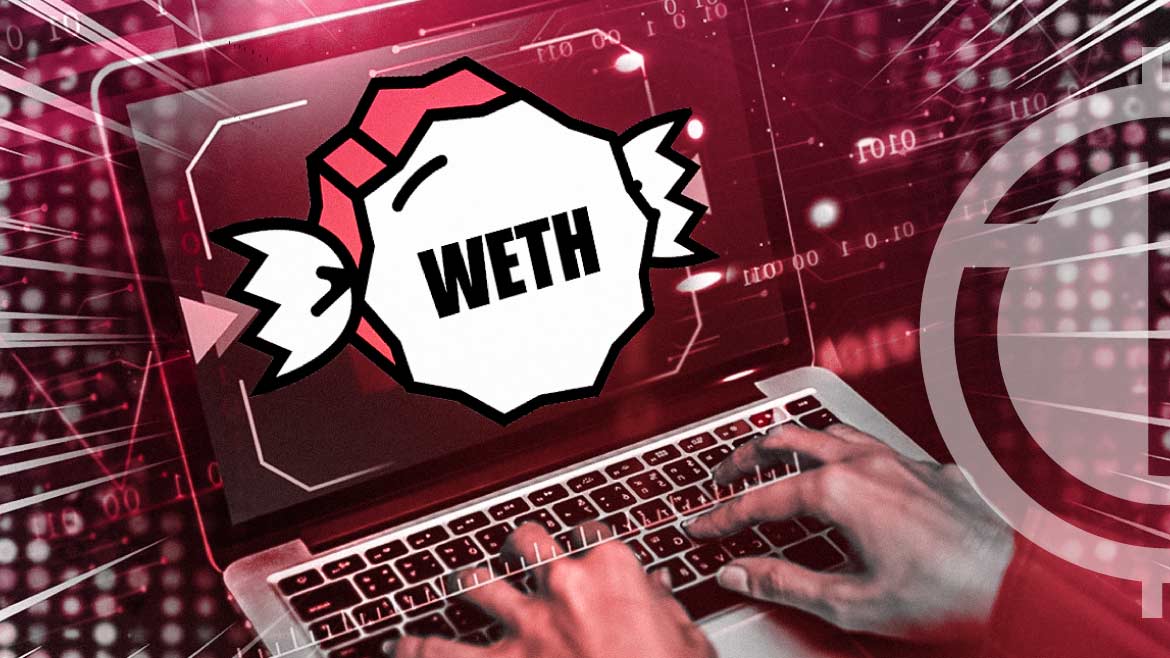
Blockchain analytics firm Lookonchain has issued a warning about a new type of scam that manipulates the perception of cryptocurrency transactions. The scam involves creating fake Wrapped Ethereum (WETH) contracts to mimic transactions from notable wallets, misleading observers into believing that these wallets are buying certain ‘meme’ cryptocurrencies.
The analytics platform warned its community, tweeting:
1/ Be aware of the latest scams!
— Lookonchain (@lookonchain) June 25, 2023
Scammers created fake “WETH” and call the contract to transfer fake “WETH” out from famous wallets and transfer in #memecoin.
You may mistakenly believe that famous wallets are buying #memecoin and buying #memecoin following famous wallets. pic.twitter.com/LxZy5PwXHP
The firm provided an example of a scam where fake WETH was purportedly transferred from digital asset manager DWF Labs to buy a cryptocurrency called “PSYOP.” This transaction, which could be viewed on platforms like Debank or Zerion, could be easily misconstrued as a legitimate purchase by DWF Labs of the “PSYOP” cryptocurrency using WETH. However, upon closer inspection of the transaction details, it became evident that the transaction did not originate from DWF Labs.
Lookonchain further elaborated on how to identify these fraudulent transactions. Per the firm, in a legitimate transaction, the “From” address in the transaction details would be a well-known wallet address. Lookonchain illustrated this by presenting a legitimate transaction where DWF Labs bought a cryptocurrency called “$LADYS” with real WETH. The “From” address in this transaction was indeed DWF Labs.
The firm cautioned that if, in the future, observers see a notable wallet “buying” a meme coin, they should verify if the “From” address is indeed the famous wallet, highlighting the importance of closely scrutinizing transaction details to avoid misconceptions. Additionally, it expressed concern that such scams have frequently been occurring of late and urged the community to share the information to raise awareness and prevent others from falling victim to these deceptive practices.
In related news, the cryptocurrency market recently witnessed another major scam that led to a significant drop in the value of a meme coin called BOB. The coin experienced a dramatic 45% plunge in its price after Elon Musk, the CEO of Tesla and SpaceX, made allegations against a Twitter bot account associated with the coin.
Musk accused the bot, known as “Explain This Bob,” of promoting a “scam crypto,” leading to its subsequent suspension. The AI-powered account has become popular for its informative and humorous content on a variety of topics, including cryptocurrencies.














